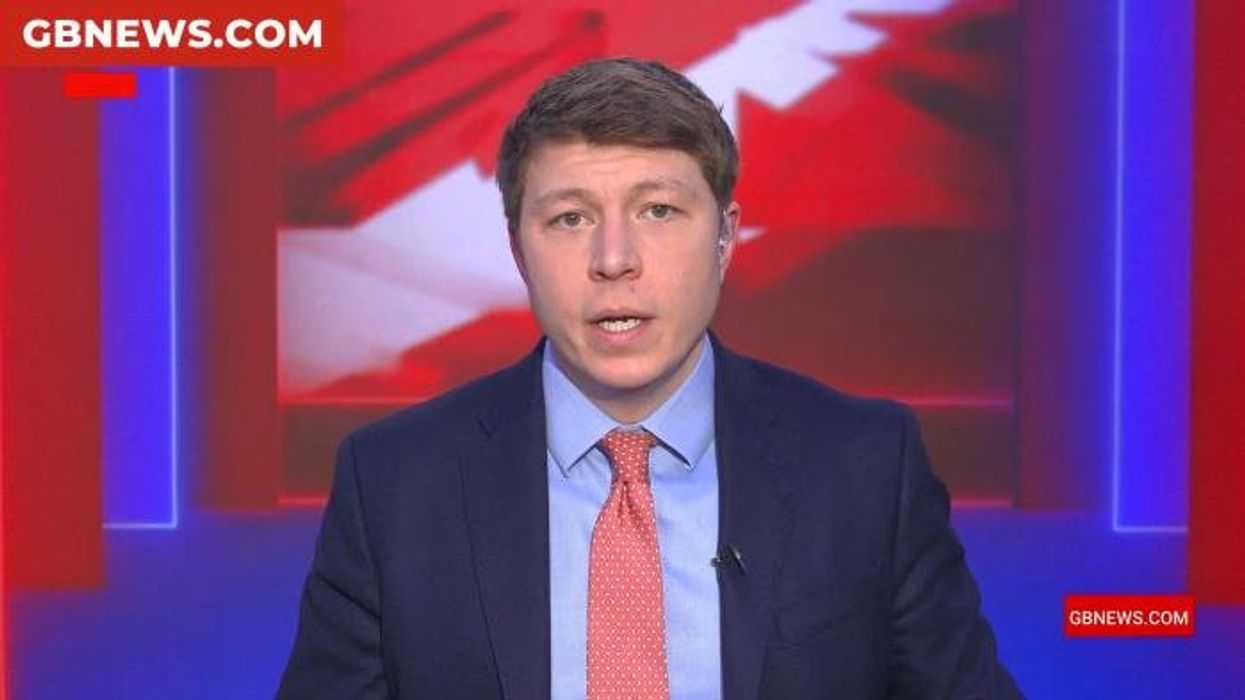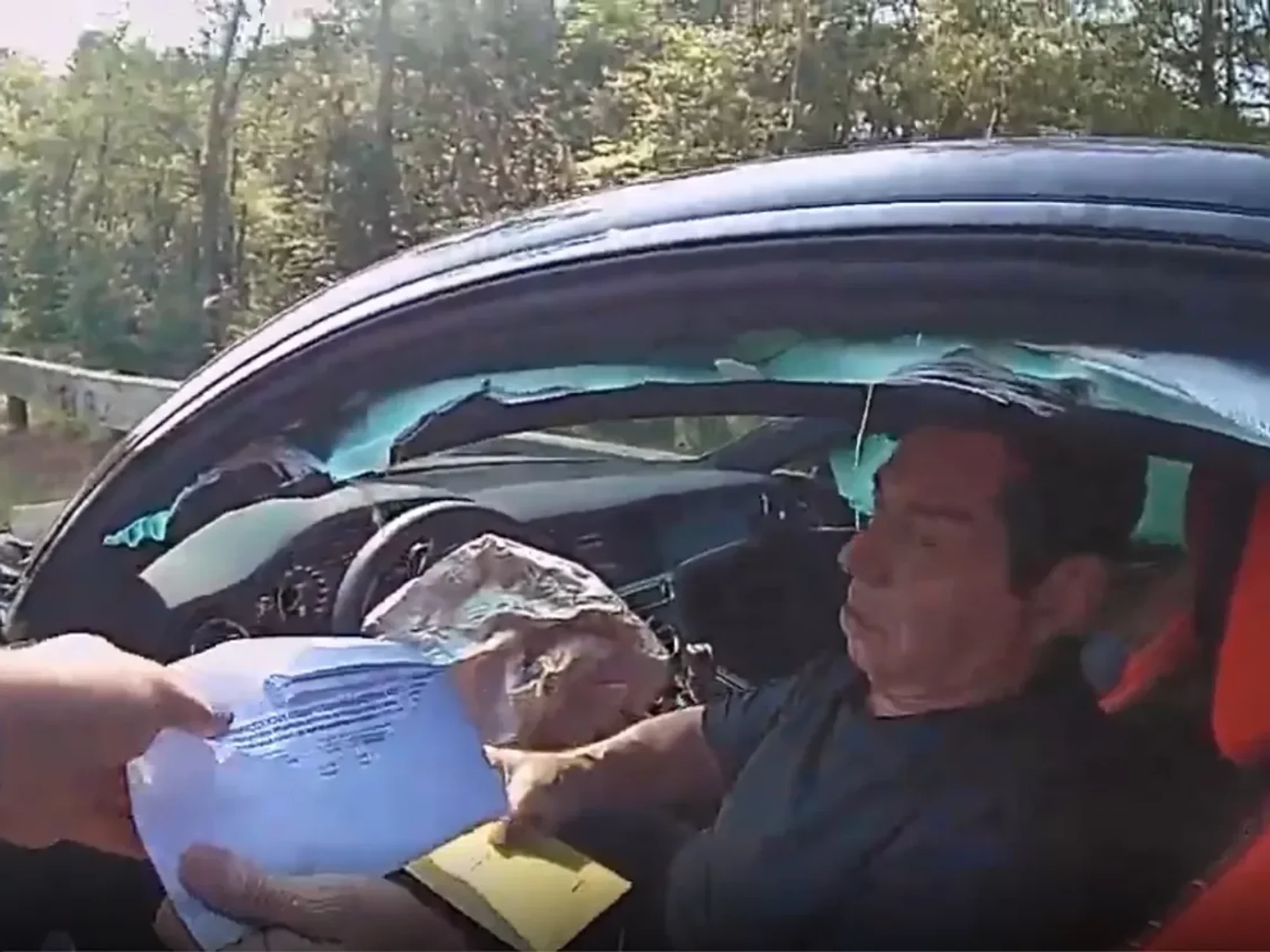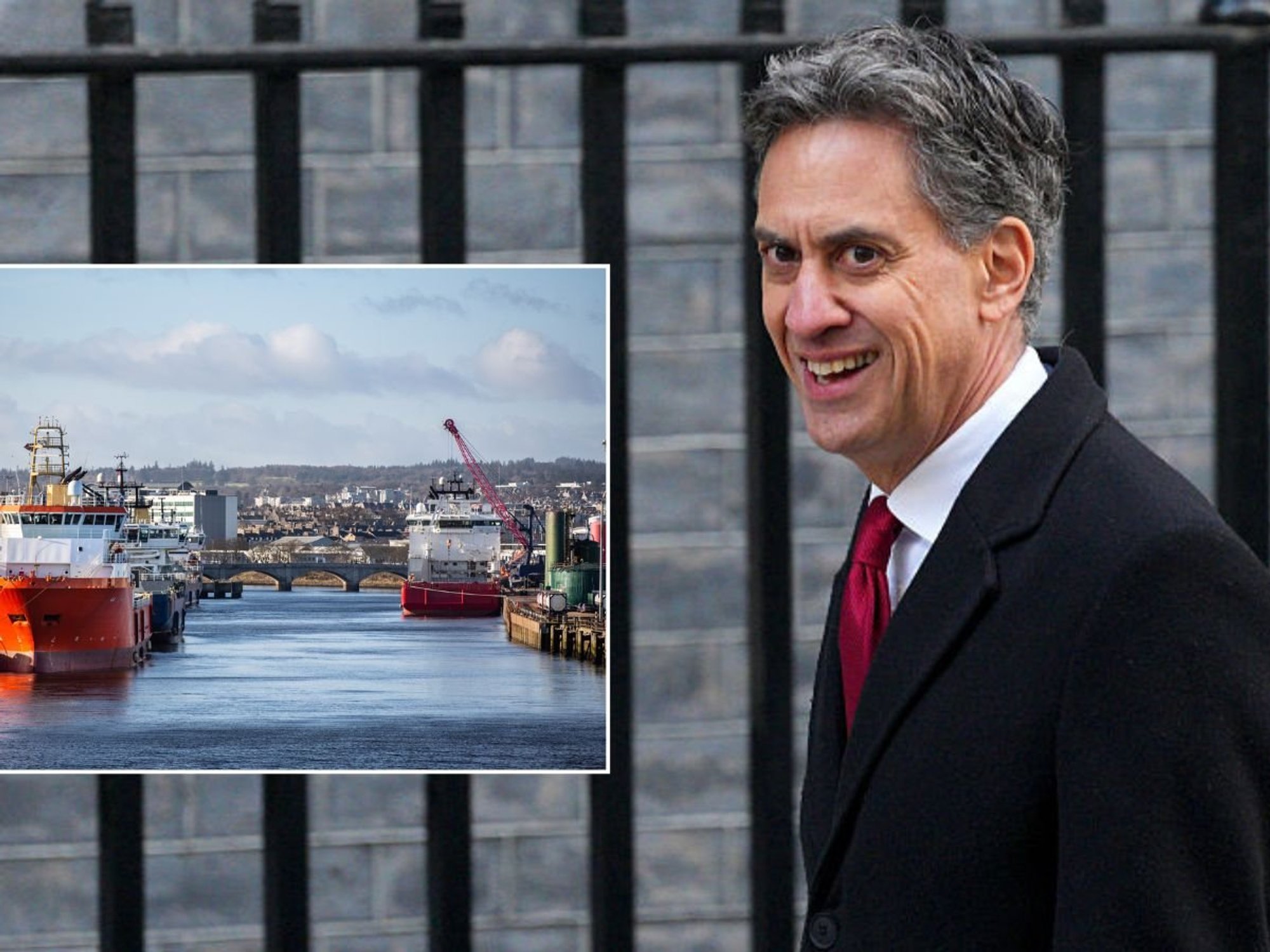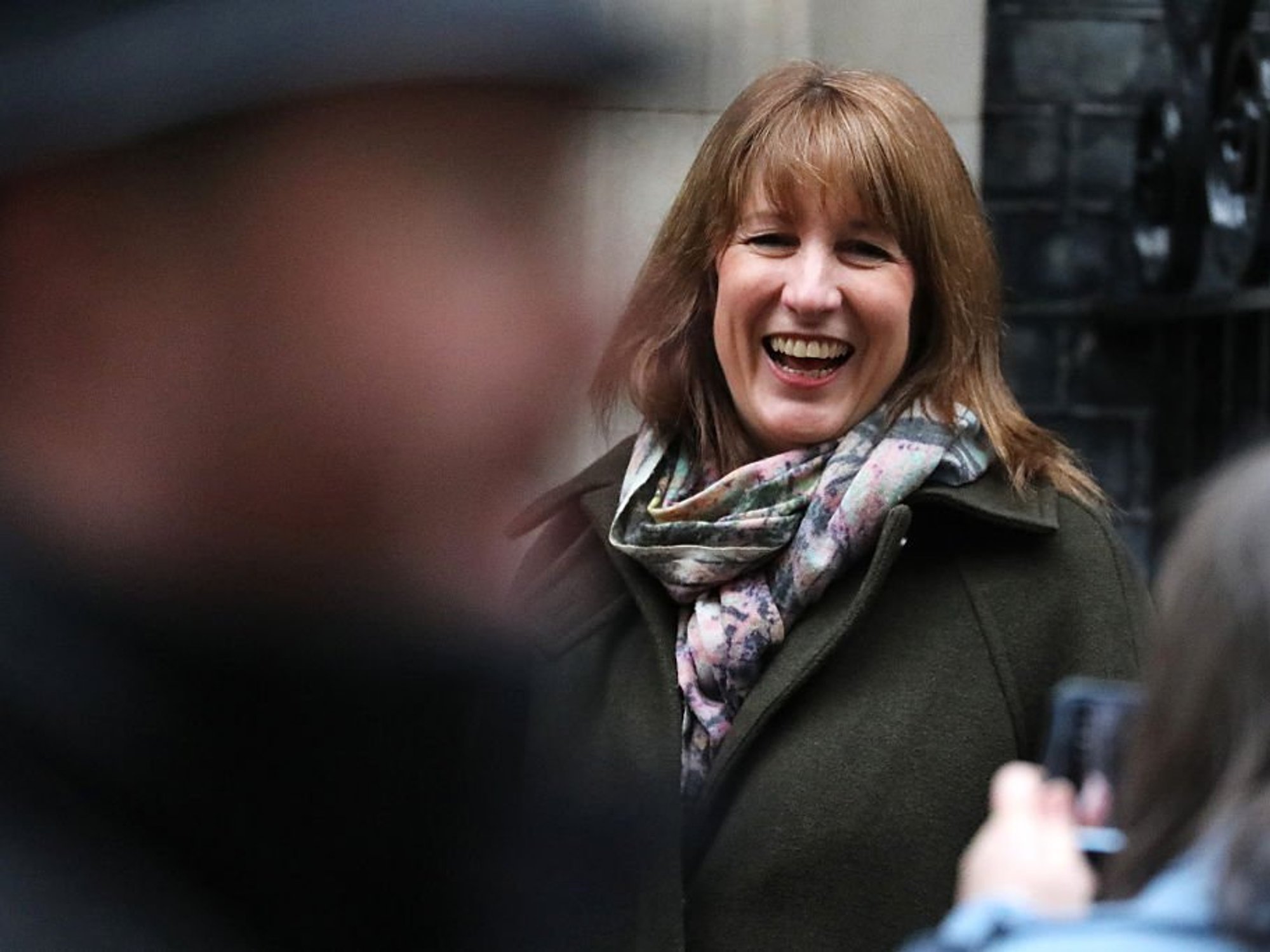The five taxes to watch out for in the Budget - and what they mean for your wallet

WATCH: ‘Tomorrow is DOOMSDAY!’ | Britain braces for Rachel Reeves’s budget
|GB NEWS
With tax rises expected to be announced in today's Budget, Elliot Keck of the Taxpayers' Alliance reveals the main ones to watch
Don't Miss
Most Read
Latest
Despite, or perhaps because of, months of speculation, there’s little we can say with certainty about what exactly is going to be in this Budget.
What we do know is that Rachel Reeves is expected to announce a package of tax rises aimed at balancing the books.
So what could actually be announced when the Chancellor reveals the Budget later today, and what will it mean for households up and down the country?
Income tax
For weeks, it looked almost certain that there was going to be a hike in income tax by as much as 2p. This would have broken one of her manifesto commitments. The Chancellor has since U-turned.
Instead, she is almost certain to freeze thresholds, a far more dishonest and duplicitous way of raising cash. Think about it like this. Inflation means rising prices, which in turn usually means wages rise as well to try and keep up. But if the rate at which you start paying tax doesn’t also increase, then we end up paying more in tax, even if the headline rate stays the same.
The TPA estimates that a further two-year freeze would mean that taxes on the average income will be £2,310 per year higher compared to if thresholds had never been frozen, and if the threshold for employers to pay national insurance hadn’t been cut. It’s why it’s called a stealth tax.
The Chancellor will claim not to be hiking income tax, but workers will end up paying more. And as a result, the state pension alone will, for the first time, breach the personal allowance.
Mansion tax
Britain is losing millionaires at a faster rate than any other country. Yet the chancellor doesn’t just seem unperturbed by this trend; she seems to be hell-bent on accelerating it.
It seems likely that she’s going to bring in a “mansion tax”, meaning that around 300,000 of the most expensive properties will face a council tax surcharge worth up to £2,000 per year.
Now, council tax is hardly working well - we at the TPA have highlighted the way that properties in the north pay far higher levels of council tax as a proportion of wages and property prices compared to properties down south. But at a time when the wealthy are already being targeted to the point that many are fleeing, the timing couldn’t be worse.
Nanny state
Expect further increases to tobacco duty, despite the clear evidence that it is driving an explosion in the size of the black market and illegal cigarettes, as well as alcohol duty.
The latter would be particularly shocking, given the way in which pubs have been hammered by this Government through policies like last year’s job tax and increases in the minimum wage.
As our research recently revealed, the average pub pays £100,000 per year in taxes just on the sale of alcoholic drinks.
Finally, Ms Reeves is likely to bring in a milkshake tax by extending the sugar tax to milk-based drinks, as well as lowering the limit at which it kicks in.
Salary sacrifice schemes
It looks likely that the Chancellor is going to place a much lower cap on salary sacrifice schemes. Put briefly, these are schemes where an employee gives up part of their salary for a different, tax-free benefit instead.
Usually this is through higher pension contributions, but it can also be used to purchase a bicycle on the cycle to work scheme. In an ideal tax system, salary sacrifice schemes would be at most a useful option.
In the current system of crippling marginal tax rates, they are absolutely vital. Imagine a graduate with a child earning £64,000 per year. Above £60,000, and their marginal tax rate will be just shy of 58 per cent due to student loan repayments and withdrawal of child benefit. If, however, they reduce their salary to £60,000 and instead put £4,000 into their pension pot, that £4,000 will be tax-free.
Fuel duty
One tiny relief taxpayers got last year was a freeze in fuel duty, with the 5p per litre cut introduced in March 2022 retained for another year.
With the UK’s petrol and diesel prices already among the highest in Europe, a freeze was the least that the chancellor could do for motorists.
In what would be a major blow, it looks increasingly likely that she will not retain the 5p cut, meaning even higher prices at the pump. Separately, a tax on electric vehicles seems highly likely.
Other taxes on the table
Other options floated include an exit tax or even charging capital gains tax on the sale of primary residences - i.e. a family home tax.
More From GB News










